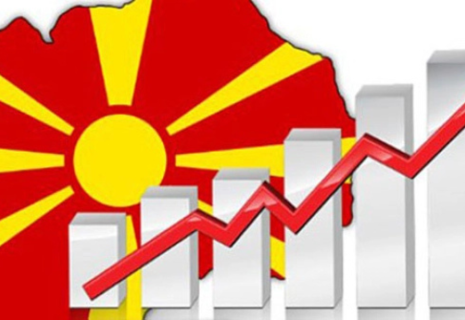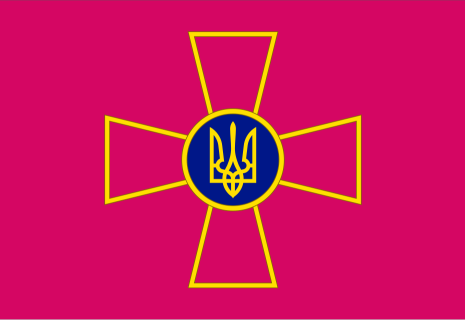
List of European countries by average wage
The economic landscape of Europe is diverse, reflecting a wide range of cultures, industries, and living standards. One key indicator that highlights this complexity is the average wage across different European countries. Average wages not only serve as a measure of economic prosperity but also influence standards of living, quality of life, and overall social welfare. This article aims to present an overview of European countries ranked by their average wages, providing insight into the economic wellbeing of various nations, CE Report reports.
Understanding Average Wages
Average wage refers to the total earnings of workers in a country divided by the number of workers. This figure can provide a general understanding of the economy and help gauge labor market conditions. However, it's important to note that average wages can be affected by a variety of factors, including economic policies, cost of living, taxation, and productivity levels.
The Rankings of European Countries by Average Wage
While average wages fluctuate annually and are influenced by various factors, data from 2023 provides a snapshot of the wage structure across Europe. Below is a list of European countries ranked by their average gross wage per year, expressed in euros:
Luxembourg – €63,000
- Known for its thriving finance sector and high standard of living, Luxembourg consistently tops the list of European countries by average wage.
Switzerland – €62,000
- With its strong economy and high cost of living, Switzerland offers one of the highest average wages in Europe, particularly in industries like banking and pharmaceuticals.
Iceland – €58,000
- The Icelandic economy, bolstered by tourism and fishing, features robust salaries, reflecting its strong workforce and economic resilience.
Norway – €55,000
- Norway’s wealth from natural resources, combined with a strong welfare system, leads to high average wages for its citizens.
Denmark – €54,000
- Denmark's focus on work-life balance, along with high productivity in various sectors, contributes to its impressive average wage.
Germany – €49,000
- As the largest economy in Europe, Germany's diverse industrial base and strong export markets help maintain competitive wages.
Belgium – €47,000
- Belgium's strategic location and strong public services ensure decent salaries across various sectors, particularly in finance and healthcare.
Austria – €46,000
- With a high standard of living and a strong economy, Austria provides an attractive wage environment, particularly in skilled professions.
Finland – €45,000
- Finland boasts strong wages supported by a high standard of education and innovative sectors like technology and design.
Sweden – €45,000
- Known for its egalitarian society and high productivity rates, Sweden offers competitive average wages in a variety of industries.
France – €42,000
- France has a robust economy with varying wages across regions, particularly in technology, finance, and manufacturing.
United Kingdom – €40,000
- The UK's average wage reflects the diverse industries present, from finance in London to manufacturing in the Midlands.
Netherlands – €39,000
- With a strong agricultural sector and advanced services economy, the Netherlands has maintained competitive wages.
Ireland – €38,000
- Ireland’s tech boom and foreign direct investment have led to increasing average wages in recent years.
Italy – €36,000
- Italy's wages vary significantly by region, reflecting strong industrial sectors in the North and more casual industries in the South.
Spain – €32,000
- Following economic recovery, Spain's average wages are gradually increasing, although they still lag behind many northern European nations.
Portugal – €30,000
- Portugal's economic growth has been steady, but wages remain lower compared to the EU average, particularly in rural areas.
Greece – €28,000
- Greece’s economy has faced challenges, but recent reforms and tourism have contributed to a gradual increase in average wages.
Poland – €28,000
- Rising wages in Poland reflect its expanding economy, particularly in technology and manufacturing sectors.
Hungary – €25,000
- Hungary has seen growth in wages, particularly in the tech industry, but still faces challenges relating to cost of living and inflation.
Conclusion
The landscape of average wages in Europe illustrates a continent that is economically diverse and multi-faceted. Understanding wage data can provide insight into economic health, living standards, and the broader social context of each country. As Europe continues to evolve and adapt to global challenges, these figures will remain a crucial part of evaluating and comparing the economic well-being of its nations. Whether looking at the high-end earners in Northern Europe or the developing economies in the South, average wages offer a valuable glimpse into the heart of Europe’s socioeconomic fabric.






















